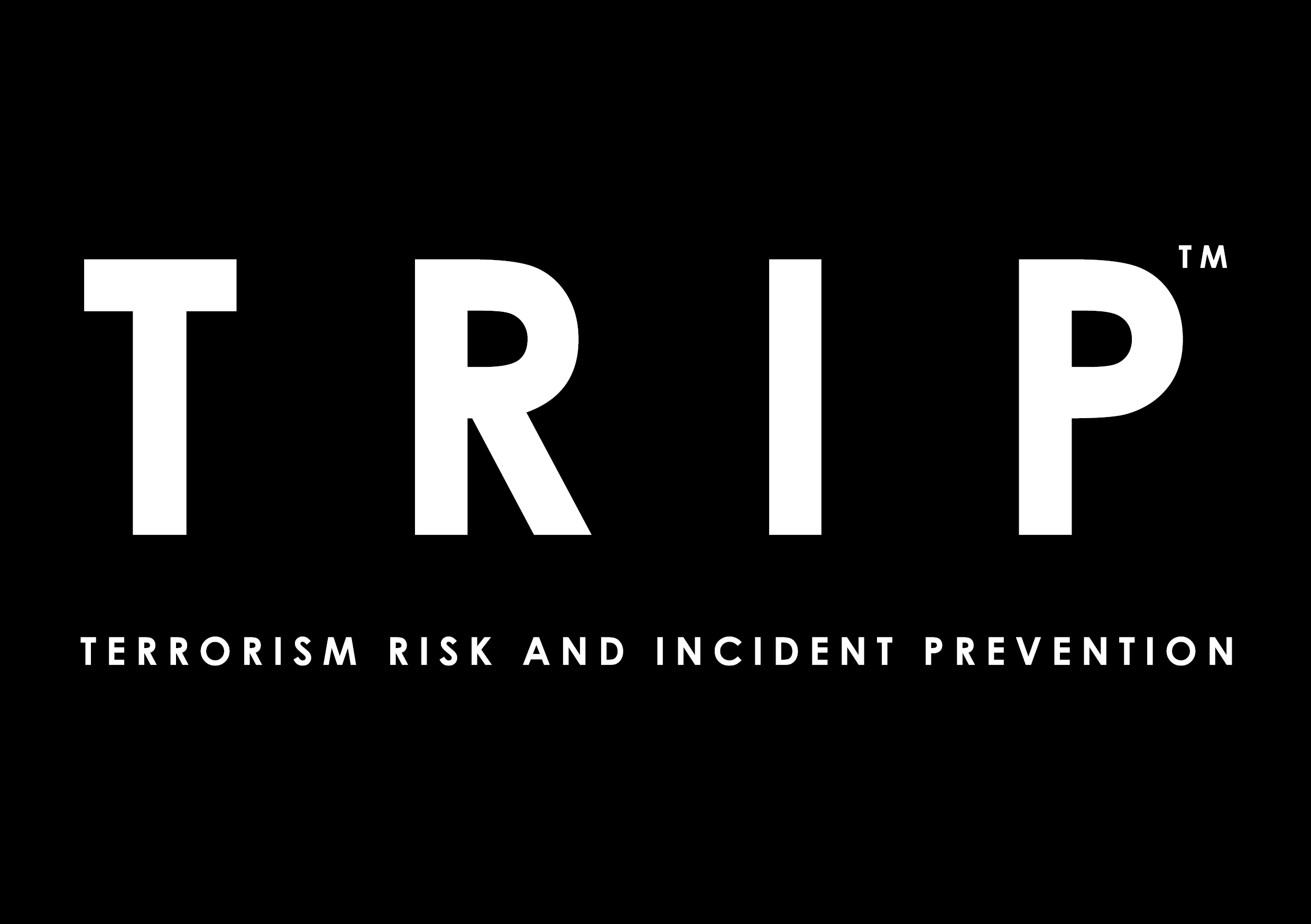/about/GettyImages-170199438-57152c435f9b588cc215395a.jpg)
Image source: https://fthmb.tqn.com/5WvUupWjojhUhXpSv8UvaXzuVI4=/768x0/filters:no_upscale()/about/GettyImages-170199438-57152c435f9b588cc215395a.jpg
Whenever we hear about snoring, an image of an overweight, elderly person comes to mind. The same is also true of other sleep problems like insomnia, generally considered to be grown up issues. However, images like these may prevent us from identifying a sleep disorder in children, who exhibit different symptoms when compared to adults. If your child doesnt seem refreshed even after 8-10 hours of sleep, its quite likely that he has a sleep disorder like sleep apnea.
What causes Sleep Apnea in Children?
The factors that cause sleep apnea in children are slightly different from those associated with adults. Here are the most common risk factors for sleep apnea in children:
A family history of sleep apnea
Small jaw
Disproportionately large tongue
Enlarged tonsils or adenoids
Obesity
Low muscle tone
Exposure to cigarette smoke
Seasonal allergies
Certain medications
For children, sleep is a crucial part of healthy growth and sleep apnea can adversely impact normal development. Childrens body recovers and grows during deep sleep and a lack of sleep can have serious consequences on their physical and mental well being, some of which are listed below.
Sleep apnea can result in stunted physical growth, due to insufficient production of growth hormones
Decreased sleep causes decreased immunity, and the child may fall sick easily
Sleep apnea is also associated with lowered cognitive abilities and mental sharpness
A lack of concentration and memory causes poor academic performance and increased stress
Without enough sleep, children become moody and irritable most of the time
Sleep apnea predisposes a child to lifestyle diseases like diabetes, hypertension and cardiac diseases
Lack of sleep increases the production of stress hormones as well as appetite inducing hormones which can lead to obesity
Sleep apnea in children can be easily identified by parents, and if the child appears groggy during the day, it is worth checking out if they exhibit any of the symptoms listed below.
Signs of Sleep Apnea in Children
Loud snoring
Mouth breathing
Abnormal or contorted sleep positions
Sweating during sleep
Bedwetting
Morning headaches
If your child displays any or a combination of the symptoms listed above, it is best to get him tested at a sleep clinic. You will most likely be recommended a sleep study for a confirmed diagnosis of sleep apnea. The study is painless, and involves taping sensors at certain points on the childs body, which transmit information to the sleep technician while the child sleeps. This information includes heart rate, oxygen level, eye movements and more.
Treatment of Sleep Apnea in Children
Once sleep apnea is diagnosed, the sleep physician may analyze the cause of the apnea and if the cause appears to be an anatomical problem like enlarged adenoids, surgical removal of the same may be suggested. However, as children grow, the shape of their jaw and face are likely to change, and the sleep apnea may disappear over time. An obese child can also benefit with lifestyle changes to aid weight loss. In the meantime, they may be advised to use a CPAP device to ensure that they are able to get a full nights rest and their normal growth isnt affected.
A CPAP device is a small machine placed on the childs bedside, with a tube that goes to a mask to be placed over the face. The mask may cover the nose or both the nose and mouth, and are available in different shapes and sizes. They are usually quite soft and are held in place with light straps. CPAP therapy usually results in significant relief for most children, and the mask and pressure of air can be adjusted as they grow.
The American Sleep Apnea Association claims that 1-4% of children between the ages of 2 and 8 have sleep apnea, which can have far reaching consequences on their health. Timely diagnosis and treatment of sleep apnea in children can enable them to have a healthy and happy childhood.

